Steemit Challenge s26wk1: The Office Project
Hello steemians,
This story is my official entry for the Steemit Challenge s26wk1, themed "The Office Project". Inspired by my home country Tunisia, it blends fiction with real-life elements, the landscapes, the culture, and the spirit of innovation that drives us. Following the prompt, this tale explores how a group of office colleagues uncovers a hidden truth about their project, leading them on a thrilling quest to complete it and bring worldwide recognition to their company.

Traditional Tunisian mosaic pattern which symbolizing heritage blending with modern technology
The Discovery
It was a hot August afternoon in downtown Tunis. The hum of old air conditioners filled the office of MaghrebTech Solutions.
Noura, a data analyst, was browsing the company’s cloud storage when a strange subfolder appeared: “Solar Atlas 2004 – Confidential”.
Inside were dusty scanned pages describing an abandoned solar project capable of storing desert heat in a unique mineral compound tataouinite, found only in the south of Tunisia.
Noura: “Karim… you need to see this.”
Karim (IT specialist): “Wait, isn’t tataouinite used in traditional pottery?”
Noura: “Yes… but according to this, it can trap and release heat for days. It could change energy storage forever.”
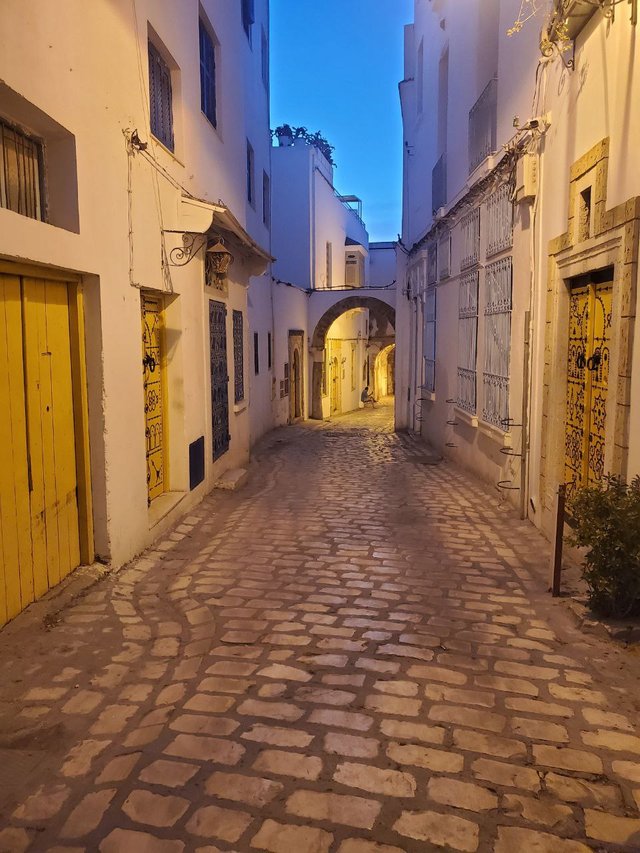
Warmly lit street in the medina of Tunisia at night
The Team Forms
They brought in Amira, a young materials engineer from Gabès, who knew desert minerals better than anyone.
Together, they ran late-night simulations, avoiding the prying eyes of management. The files hinted that the project had been dropped under pressure from foreign energy companies who feared Tunisia would dominate solar storage technology.
In a small lab, they recreated the mineral’s original composite. The scent of hot clay filled the air a reminder of Tunisia’s artisanal roots blending with high-tech dreams.
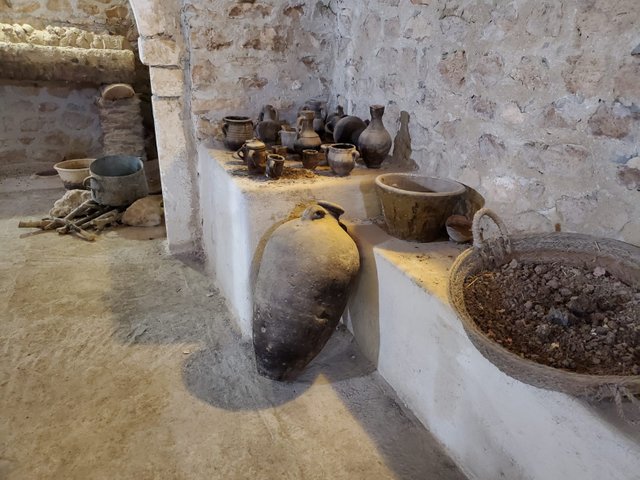
Tunisia’s artisanal lab of clay
Mistakes and Revelations
Their first prototype overheated and cracked.
Karim joked: “Looks like it wants to be a tagine, not a battery.”
But the accident revealed something, when fractured, the mineral released energy faster perfect for emergency power backup.
Amira adjusted the formula using volcanic ash from Jebel Ressas, increasing durability without losing efficiency. The results were promising, and the data confirmed it, this could power rural villages for days without sunlight.
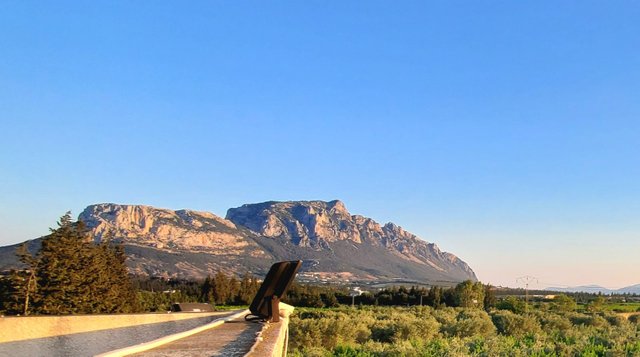
Jebel (mountains) Resaas from our farm
The Plan
They decided to unveil the device at the International Renewable Energy Expo in Sfax.
The plan was risky and they didn’t have management’s approval. But if they could win the Innovation Prize, the company would have no choice but to support them.
They packed the prototype in a sturdy wooden box painted with Tunisian mosaic patterns a symbol of heritage meeting the future.
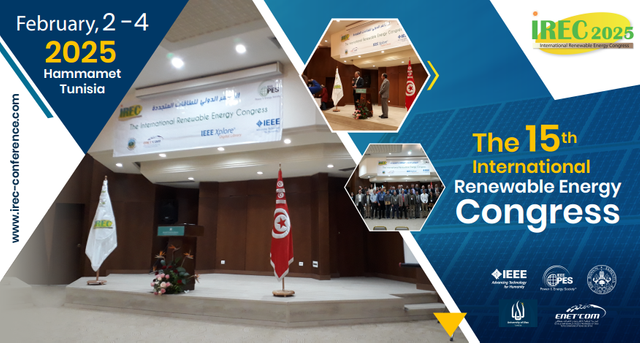
International Renewable Energy Congress - IREC Event
The Big Day
Under the bright expo lights, Noura began her presentation:
“Tunisia has 3,000 hours of sunlight per year. We now have the means to store it for when we need it most.”
Karim connected the device to a set of street lamps arranged like those in the medina of Sidi Bou Said. Even after the power source was cut, the lamps glowed on steady, warm, unstoppable.
The crowd erupted in applause. Journalists swarmed the stage.
The jury awarded them the Grand Prize on the spot.
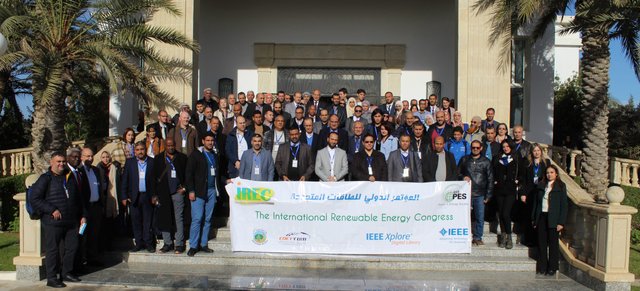
Source
Resolution
Within months, MaghrebTech Solutions patented the technology under the name “Atlas Storage”.
Pilot projects began in desert towns like Douz and Tataouine, bringing reliable power to communities that had relied on diesel generators. The three colleagues were promoted and invited to represent Tunisia at the COP Climate Summit.
As for the old “Solar Atlas 2004” folder, it was no longer hidden. It was now displayed in the company lobby, next to a glowing lamp powered entirely by the sun and the sands of Tunisia.
I invite my friends @abialfatih, @karianaporras and @selina1 to also participate in this wonderful cinematic adventure.
Don't forget to use the correct tags:
And share the link to your participation under the official post!
Dear @kouba01 ,
Your story pulled me in right from the quiet discovery of the “Solar Atlas 2004” folder. I loved how you wove Tunisian heritage into the plot; the way pottery and minerals tied into cutting-edge technology felt both authentic and magical. The scene where the cracked prototype revealed a hidden strength was such a satisfying twist; I honestly didn’t see that coming, and it made the breakthrough feel earned rather than easy.
What really worked was your vivid sense of place, the medina streets, the lab filled with the scent of hot clay, and the symbolic mosaic box at the expo all grounded the fictional project in real cultural roots. It gave the story emotional weight and national pride that I could feel through the page.
If there’s one thing I think could be explored even more, it would be the tension with the foreign energy companies. You hinted at powerful external forces that once shut this down, and diving deeper into that pressure could have raised the stakes and added more suspense before the big reveal. Still, the resolution was uplifting, and I loved how the story closed with the folder displayed proudly; it made the whole journey feel like a victory not just for the characters, but for Tunisia itself.